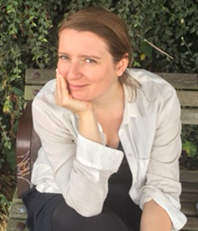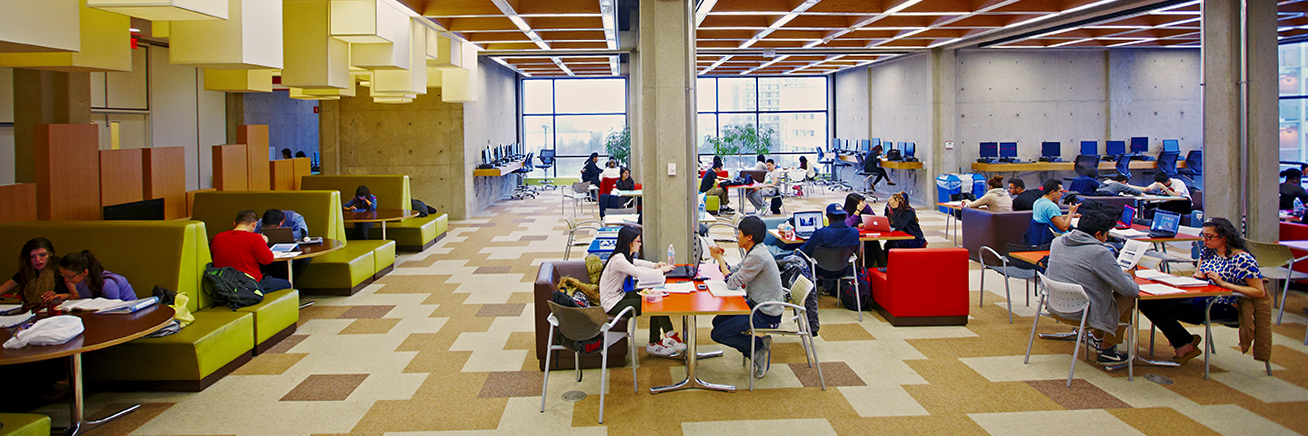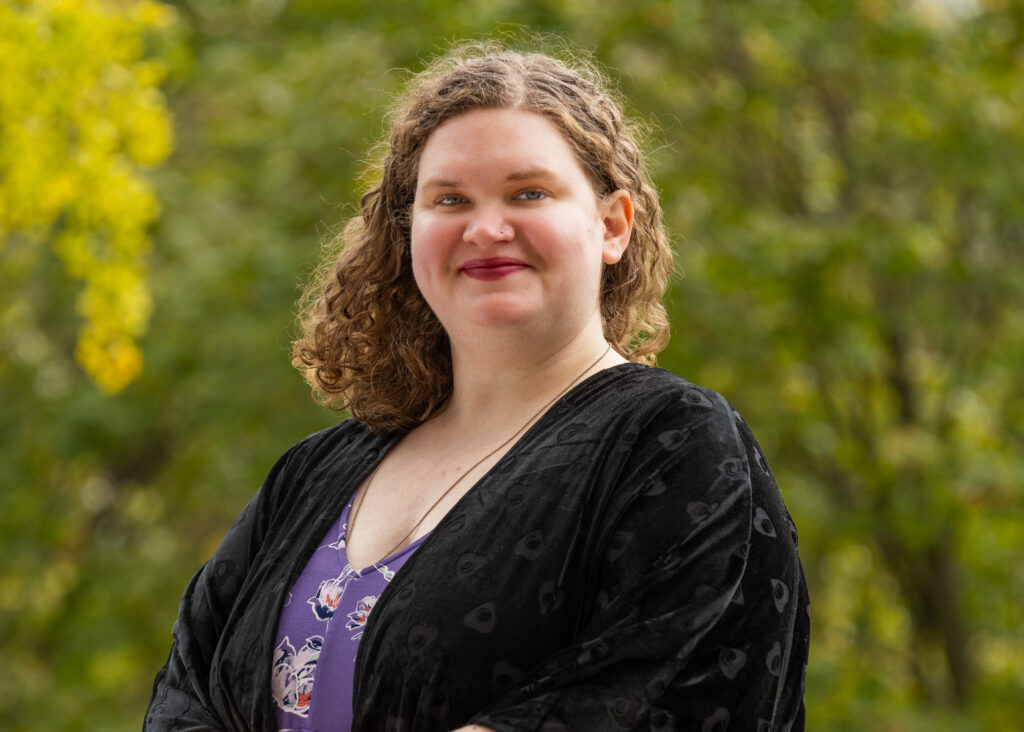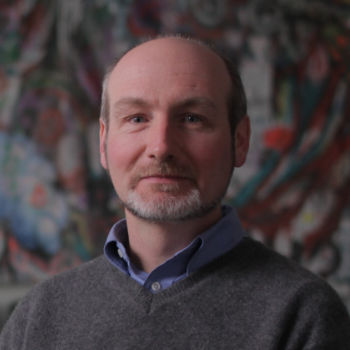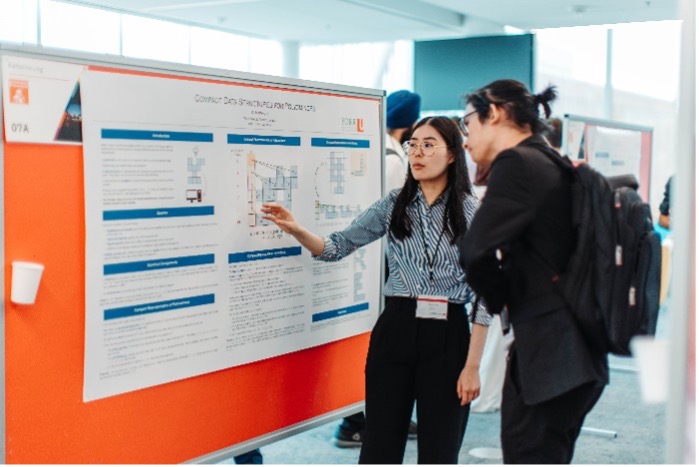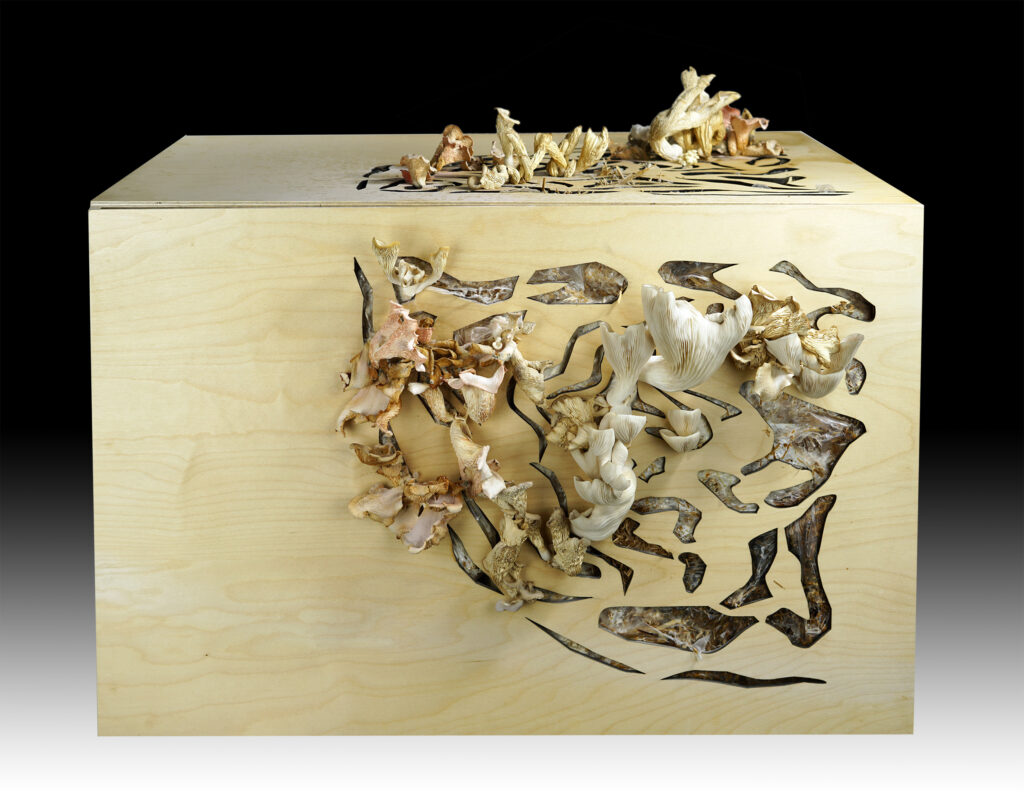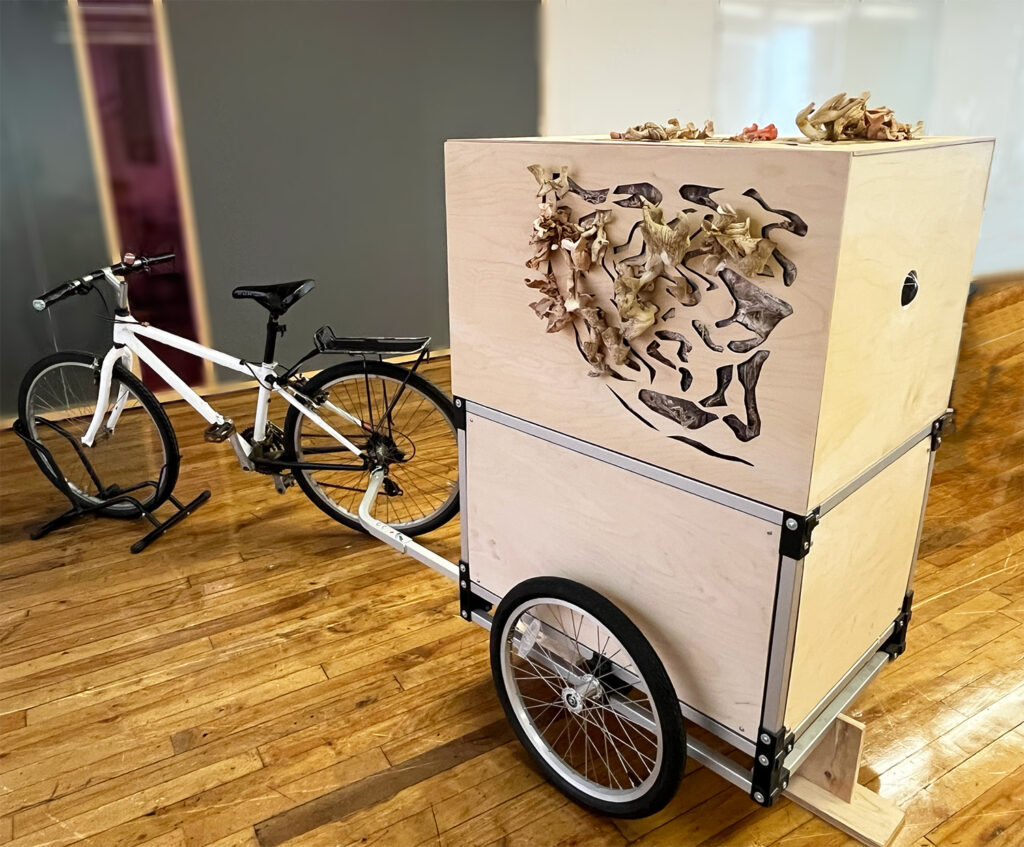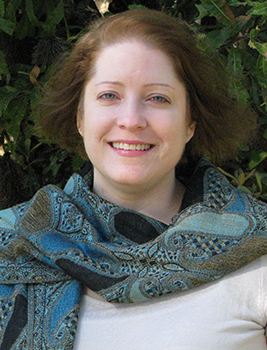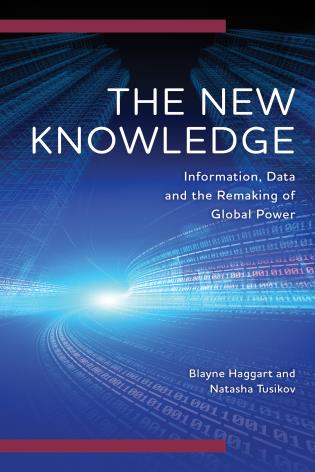Beginning Nov. 22, York University’s Faculty of Environmental & Urban Change (EUC) will present “Aim high, degrow: dialogues on degrowth,” a series of six lunchtime webinars addressing the many sides of degrowth, which argues we cannot maintain infinite economic growth on a finite planet.
The series will introduce key degrowth concepts and some of the major issues, debates and possibilities emerging from the field. It will be held virtually and all are welcome to attend.
Degrowth is a growing global movement of activists and researchers that prioritizes social and ecological well-being ahead of corporate profits, over-production and excess consumption. This requires radical redistribution, reduction in the material size of the global economy and a shift in common values towards care, solidarity and autonomy for people and their communities.
The webinar series aims to provide a space for deeper dialogues on degrowth, involving scholars and audiences from within and outside the degrowth world to explore key debates and how they connect to other issues like urbanization, decolonization, technology and the role of the state. Each discussion will run for an hour and is programmed around lunch hours. Guest panellists come from around the world and the moderators will be drawn from EUC.
The first event of the series, “Degrowth: a slogan, a movement, or a concept?,” takes place Wednesday, Nov. 22 at 1 p.m. It will provide an overview of the economic and ecological premises of degrowth and its main arguments. The speakers are York University Professor Emeritus Peter Victor and Elena Hofferberth, a researcher at the University of Lausanne in Switzerland.
The other webinars in the series are:
- “Decolonization and feminism: does degrowth cut it?” on Thursday, Dec. 14 at 11:30 a.m.;
- “Degrowth and the city: urbanization and planning for degrowth” on Wednesday, Jan. 31 at 11 a.m.;
- “Degrowth and systems: back to the caves or back to the future?” on Monday, Feb. 12 at 11:30 a.m.;
- “Degrowth and the State” on Friday, March 22 at 12:30 p.m.; and
- “Transitioning to a degrowth future: naïve or revolutionary?” on Thursday, April 18 at 12:30 p.m.
For more information and to register, visit the webinar series website.




